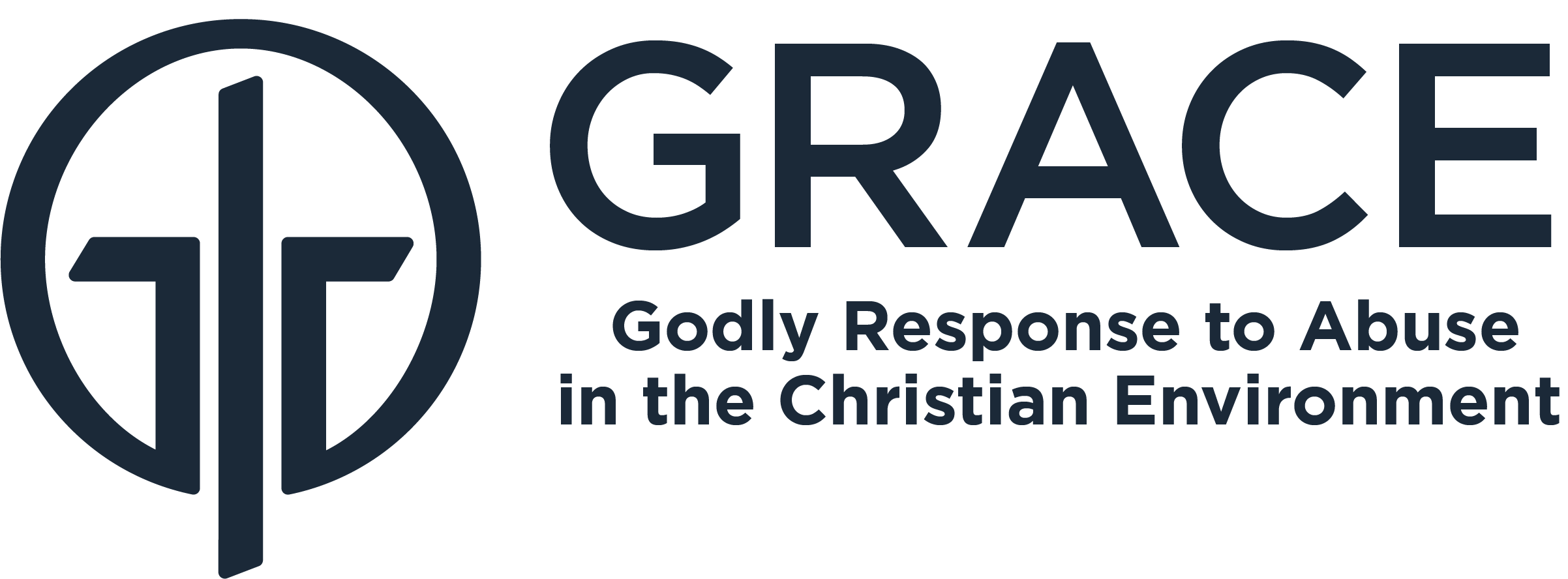Children are abused at alarming rates.
In the United States, roughly 2/3 of children go through at least one “adverse childhood experience.”
Between 25 and 30% of girls are sexually assaulted by the time they turn 18, and over 15% of boys experience the same.
The heavy physical, emotional, and relational toll of abuse are widely accepted, but the spiritual impact of abuse has often been overlooked. Churches, ministries, and all Christians must better understand and respond to the spiritual impact of child maltreatment. Important considerations, many of which are addressed in the attached article “Wounded Souls: The Need for Child Protection Professionals and Faith Leaders to Recognize and Respond to the Spiritual Impact of Child Abuse,” include:
Most abuse occurs in the family home. Scripture says several times that the family reflects the believer’s relationship with God. This model is corrupted when abuse occurs.
Scripture is often misused to justify or minimize abuse, condone inaction, force premature or misunderstood forgiveness, and silence or blame the victim.
The survivor is left with intense questions of value and worth.
Abuse can breed anger toward God, an inaccurate view of God’s nature, doubt in God’s existence, and a host of damaging and inaccurate spiritual beliefs.
The image of God as a Secure Base Who empowers Believers to go into the world is corrupted.
The view of God as a Safe Haven to which the Believer can flee in times of distress and suffering is damaged.
The Church can be used by God to be an incredible source of healing.
A healthy response from the Christian community can change the way trauma is experienced and its long-term effects.
Responding well to those who are vulnerable or have been abused is not optional – it is a central command repeated throughout Scripture.
We are not in this alone. Effectively addressing the spiritual impact of abuse will require collaboration.
Each of us, individually and corporately, can be a source of healing or additional harm.
